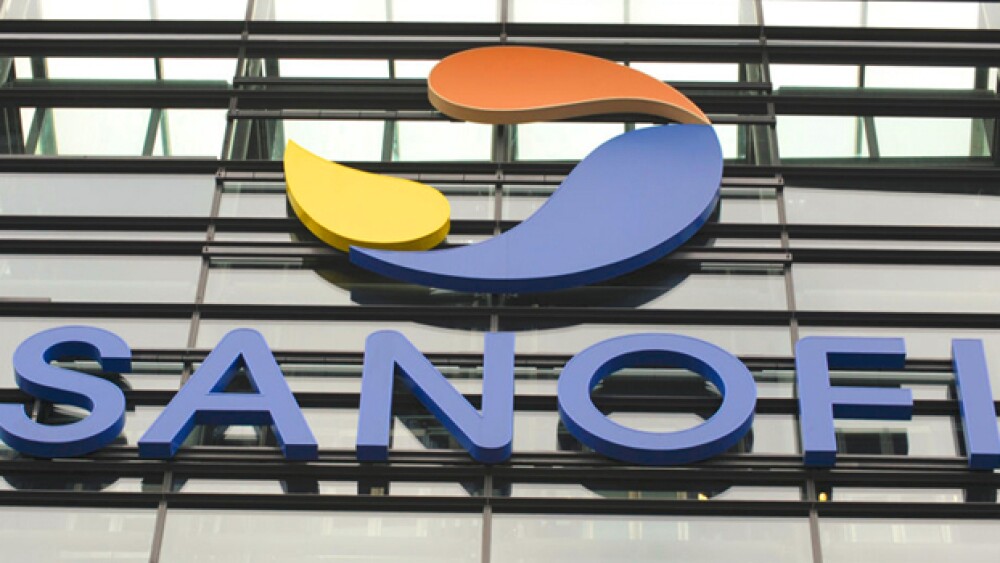Sanofi will write a check for $40 million upfront.
SOUTH SAN FRANCISCO – A few months after striking a deal with AbbVie, Bay Area biotech Principia Biopharma has signed a deal worth up to $765 million with Sanofi for the development of a multiple sclerosis drug candidate.
Sanofi will develop privately-held Principia’s Bruton’s tyrosine kinase (BTK) inhibitor PRN2246, an experimental oral treatment for MS. The drug is designed to access the brain and spinal cord by crossing the blood-brain barrier and impact immune cell and brain cell signaling. Through this mechanism of action, the company believes it has the potential to treat MS as well as other diseases of the central nervous system. Principia said it has initiated a Phase I trial for PRN2246 in healthy volunteers.
“Sanofi is an ideal partner for PRN2246. The agreement allows Principia to maximize the BTK opportunity in neurology with a strong partner for PRN2246 while focusing internal resources on our lead BTK inhibitor in another therapeutic area.” Martin Babler, chief executive officer of Principia Biopharma, said in a statement. “PRN2246 is a blood brain barrier crossing, highly potent BTK inhibitor, that we believe is especially well suited for the treatment of MS and other neurological disorders.”
Rita Balice-Gordon, the global head of MS and neuroscience therapeutic research at Sanofi, said the decision to develop Principia’s experimental drug is an example of the French company’s commitment to building its CNS pipeline.
“Complementing our own internal R&D expertise, external relationships like this may accelerate delivery of new treatments to patients living with these serious diseases,” Balice-Gordon said in a statement.
Sanofi has continued to see growth in its multiple sclerosis pipeline. In its most recent quarterly report, Sanofi reported its multiple sclerosis pipeline saw sales growth of 15 percent, which was driven by strong performance of Aubagio in both the United States and Europe.
Under terms of the deal, Sanofi will pay Principia $40 million in upfront payments. If the drug hits several key milestones, the Bay Area company could earn up to $765 million. Principia has the option to co-fund Phase 3 development, in exchange for either increased royalties on worldwide product sales or a profit and loss sharing arrangement in the United States. The deal is expected to be finalized by the end of the fourth quarter of this year. Sanofi has two approved MS medications on the market and multiple programs in development. The company has been focused on neuroprotection and remyelination in addition to anti-inflammatory mechanisms to treat the disease.
Last year, GBI Research said the global market for MS treatments is expected to hit $17.9 billion by 2019. GBI expects a number of new drugs and monoclonal antibodies (mAbs) to hit the market in the next couple years. Multiple sclerosis affects nearly 3 million people worldwide.
In addition to PRN2246, Principia has PRN1008, a reversible covalent BTK inhibitor, is currently being evaluated in a Phase 2 clinical trial in patients with pemphigus, an orphan autoimmune disease. Another drug candidate PRN1371, a covalent FGFR1-4 inhibitor, is currently being evaluated in a Phase 1 clinical trial in cancer patients with various solid tumors.
In June, Principia and AbbVie entered into a collaborative agreement for the development of oral immunoproteasome inhibitors. The collaboration is aimed at developing first-in-class oral therapies that bring the power of proteasome inhibition safely into the field of immunology, Principia said.





